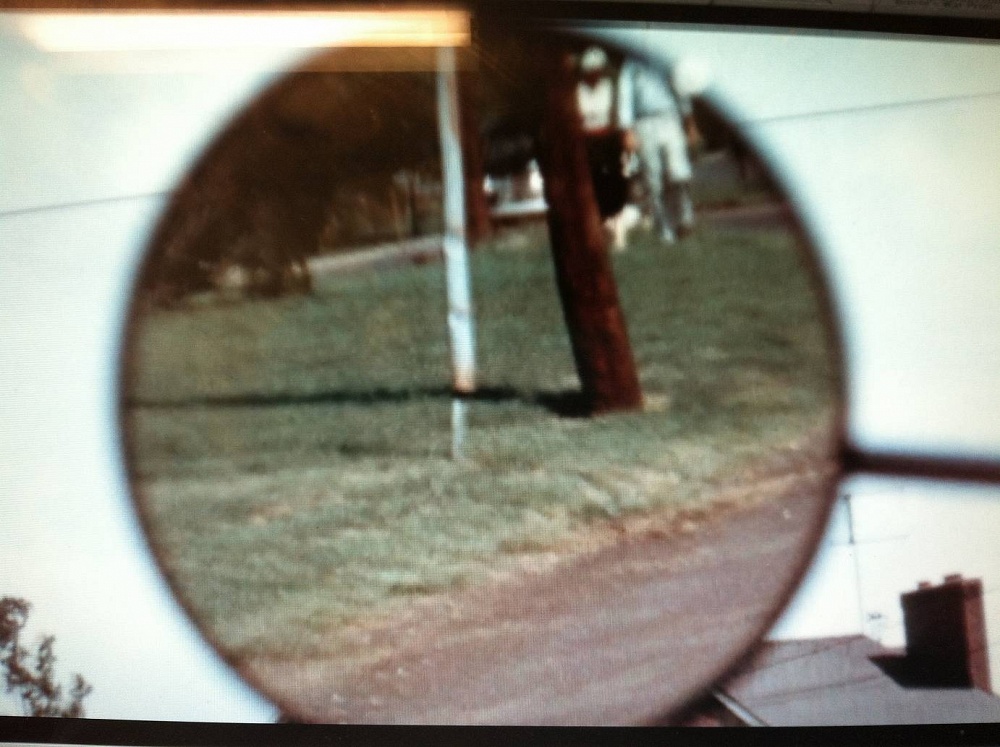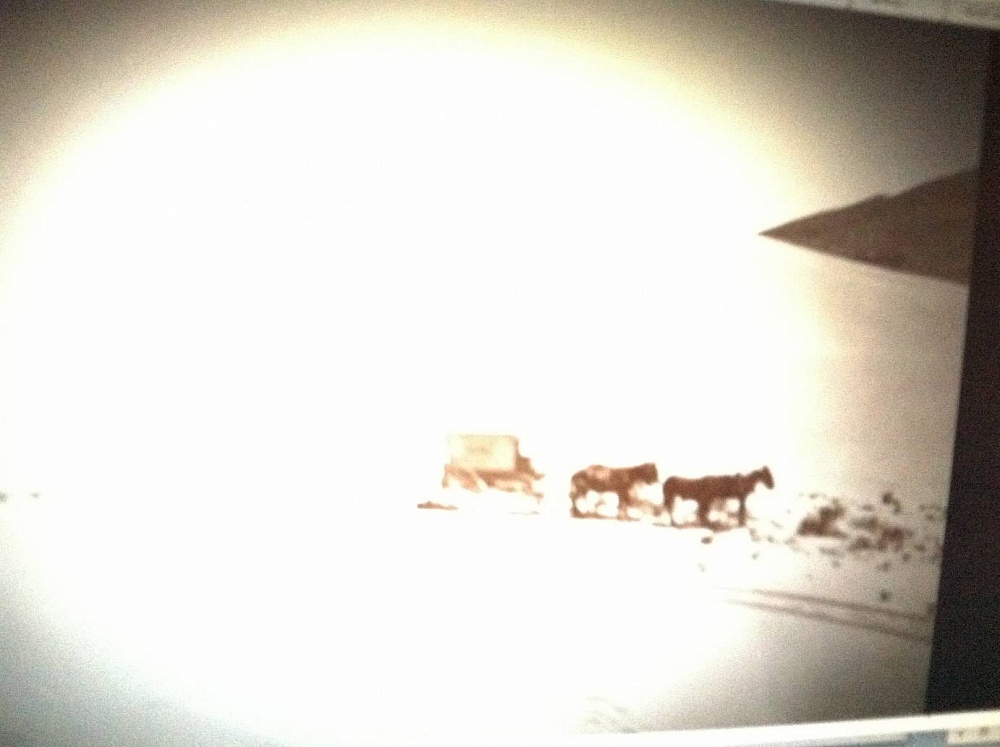Dear M,
I read your letter with a heavy heart. Not because of the events here, but because of your views, your insistence, and your certainty as to the order of things. The rights and wrongs; the culprits and the victims.
I wish I could be as assured as you, for I find myself in a less privileged position, enslaved to a mind in anguish. The details of the why and what and who, that I know you will ask me for, they mean little in this moment. Bear with me. You see M, if there is one thing I have learned over the past few years, as news changed by the hour and information fluctuated and our lives and realities turned from fact to fiction as truths were discarded and new governments took office and with them cases closed and others opened and new information was provided, manufactured, and histories were reborn, rewritten; the thing I learned, is that if there is one thing to take in, to carry forward, from the living of news or history, it is morality. The question of morality. The lesson of morality. Where ours, mine, lies.
Do I believe in military coups or do I believe in new forms of government and revolution or do I believe in allowing democracy to run its course even when the democratic choice—the ballot box—yields a result that proves to be undemocratic? (And what is democracy?) Do I give the benefit of the doubt and assume the ballot box was fair, that elections were free, representative, or do I allow inherited skepticism to tint and inform what I saw; for surely what I saw, the empty voting stations, implies that the ballot box might not have been quite so free, so fair?
What do I believe, exactly?
Whether it was fourteen or seventeen or thirty-three million people who took to the streets asking a president, Mohamed Morsi, to leave office, what I do know is that he let people down. He failed us. What I do know is that I have never seen so many people in my life, not ever, out on the streets. I know this fact, M: that the Muslim Brotherhood had lost popularity. There is no question about that. But I also know that I’m not entirely sure if the movement against them, TAMAROD, rebellion, was as organic and civic as people say. And if it wasn’t, if it started genuinely as a movement by three youth activists that was then propped up by the army, is that something I believe in or not? Do I still consider it a ‘movement’ of the ‘people’? For surely the people wanted that choice—of change—regardless of who offered it, or had they not they wouldn’t have signed that petition or taken to the streets. Is that democratic or undemocratic?
Is the army responding to the call of millions asking them to come down, to help them, to remove a president whose actions can only be described as fascist, as tyrannical, is that democratic or not democratic if one were to consider that the removal of that president was in the best interest of that army too? Is it a coup or is it not a coup? And why was it not a coup when the other president was ousted but now this one is a coup, or so they say?
What do I believe?
Do I believe that the Islamists should be rounded up and thrown in jail and prohibited from political life and labeled terrorists and hung, some of them, to set an example, as many propose, or do I categorically not believe in capital punishment or torture or the arbitrary detention of people who belong to a group but might not act in the way the leaders of that group do? Or is one guilty by association, is one susceptible to actions based on messages inherited, internalized, latent.
Do I believe in the involvement of America, of the West, when its positions are aligned with mine, as they were a few days into the protests of 2011 and after and as they were when Obama spoke of the Egyptian youth, the Egyptian people, setting an example for the world, for “our children to learn from,” and do I not believe in it when its position is not aligned with mine, ours, as it was, wasn’t, in a span of a few weeks during this summer of 2013 and for some months before? Do I believe in intervention, categorically, or do I not?
I have found myself morally conflicted of late, wanting to believe in things, knowing the ‘right’ position, the ‘morally correct’ position—what I have been raised to believe that is—but weakened in the face of a crisis that questions the very foundations of the things I thought I knew about who I am. I find myself succumbing to biases, expressing things contrary to what I want to believe; what I believed I believe. At moments like this, as the US prepares for yet another invasion in the Arab world, as Egypt continues down this uncertain path, my biases, my weaknesses, are exposed.
Categorical seems to be the word to examine, M, for if things are taken on a case by case basis, I, we, seem in danger of perpetuating a history of vacillation; of truth and justice and rights. In 2011 we believed that the former regime was behind the attacks on Tahrir and the release of criminals from jail, and today we believe wholeheartedly that it was the Muslim Brotherhood and Hamas. In both instances there was evidence, testimonies, but we seem to have forgotten that former iteration of history and now I hear people saying that it was clear from the start that the Brotherhood was behind it. Really? Or perhaps they do, genuinely believe that, because who knows about memory and projections and how the mind works.
You know of my fascination with memory. I’ve been reading and rereading The Seven Sins of Memory by Daniel. L. Schacter of Harvard. You will remember him from his earlier work that I wrote to you of—that example of Regan. In this book, which I urge you to read, he wrote of one case I can’t forget:
The psychologist Donald Thomson was accused of rape based on a victim’s detailed memory of his face. Thomson was cleared because he had an impeccable alibi: he was in the midst of a live television interview (ironically, on the fallibility of memory) at the moment the rape occurred. The victim had been watching the show and misattributed her memory of Thomson’s face to the rapist.
I wonder about the figurative tomorrow; six months, six years, sixty years from now—what will our position be? Who will we believe? What images, memories, will be seared in our minds to inform how we act and think and make decisions in the future?
Do I believe that the thugs employed by the state who have had no choice but to submit since the choice was submission or near death, do I believe that they should be punished equally or should they be given another chance? Faced with a paid job as a thug or perishing in a state jail and inflicted with daily torture, what would one choose? And what about the heads of state who inherited a state and even though they might have made things worse, still, they inherited it. How accountable are they, and for what, if even tyranny was passed down, from perhaps even the Pharaohs before us; let’s not forget, Ancient Egypt was a dictatorship of its own.
What about the soldiers and riot police that human rights activists say deserve equal punishment for their actions, for the firing of bullets and tear gas and for dragging a young woman through the streets and stomping on her with the heels of their heavy boots. These conscripts, in their late teens and twenties, are deployed—some of them—for a few weeks over that same summer, this summer, on standby, at a youth club near my house. Every day as I go by, running the track that connects the public youth club with a private sports club that was reserved for exclusive use by the British and then became private and then Nasser took a part of it ‘for the people’, I watch them, these young soldiers, their boots off, their shirts off, sweaty, laughing, chatting, sleeping in the sweltering heat, playing soccer, for hours, with the kids at the club. Are they the ones to blame?
You might know of Nasser’s small book, The Philosophy of Revolution, which he published in 1955. I find myself holding onto it these days like something of a gospel on our character. I quote:
Every man we questioned had nothing to recommend except to kill someone else. Every idea we listened to was nothing but an attack on some other idea. If we had gone along with everything we heard, we would have killed off all the people and torn down every idea, and there would have been nothing left for us to do but sit down among the corpses and the ruins, bewailing our evil fortune and cursing our wretched fate.
We were deluged with petitions and complaints by the thousands and hundreds of thousands, and had these complaints and petitions dealt with cases demanding justice or grievances calling for redress, this motive would have been understandable and logical. But most of the cases referred to us were no more or less than demands for revenge, as though the revolution had taken place in order to become a weapon in the hand of hatred and vindictiveness.
If anyone had asked me in those days what I wanted most, I would have answered promptly: To hear an Egyptian speak fairly of another Egyptian. To sense that an Egyptian has opened his heart to pardon, forgiveness and love for his Egyptian brethren. To find an Egyptian who does not devote his time to tearing down the views of another Egyptian.
Haunting how its truth reverberates so forcefully today. Perhaps that is the nature of Egyptians? Or perhaps we have not been taught of anything else; no other way?
There are so many questions, M, that I struggle with these days, and out of it all, I understand that I have to find my core—who I am, what I believe in, what I can live with, what I will fight for with time and commitment. Who are we, and where does our morality lie? These are the questions worth asking these days, even if they never fully get answered. These are the questions to hold on to.
Be flexible my friend, be open to the thoughts of others. Perhaps ask yourself the same questions I am agonizing over today.
Yours, always,
Cleopatra
Cairo, August 2013

